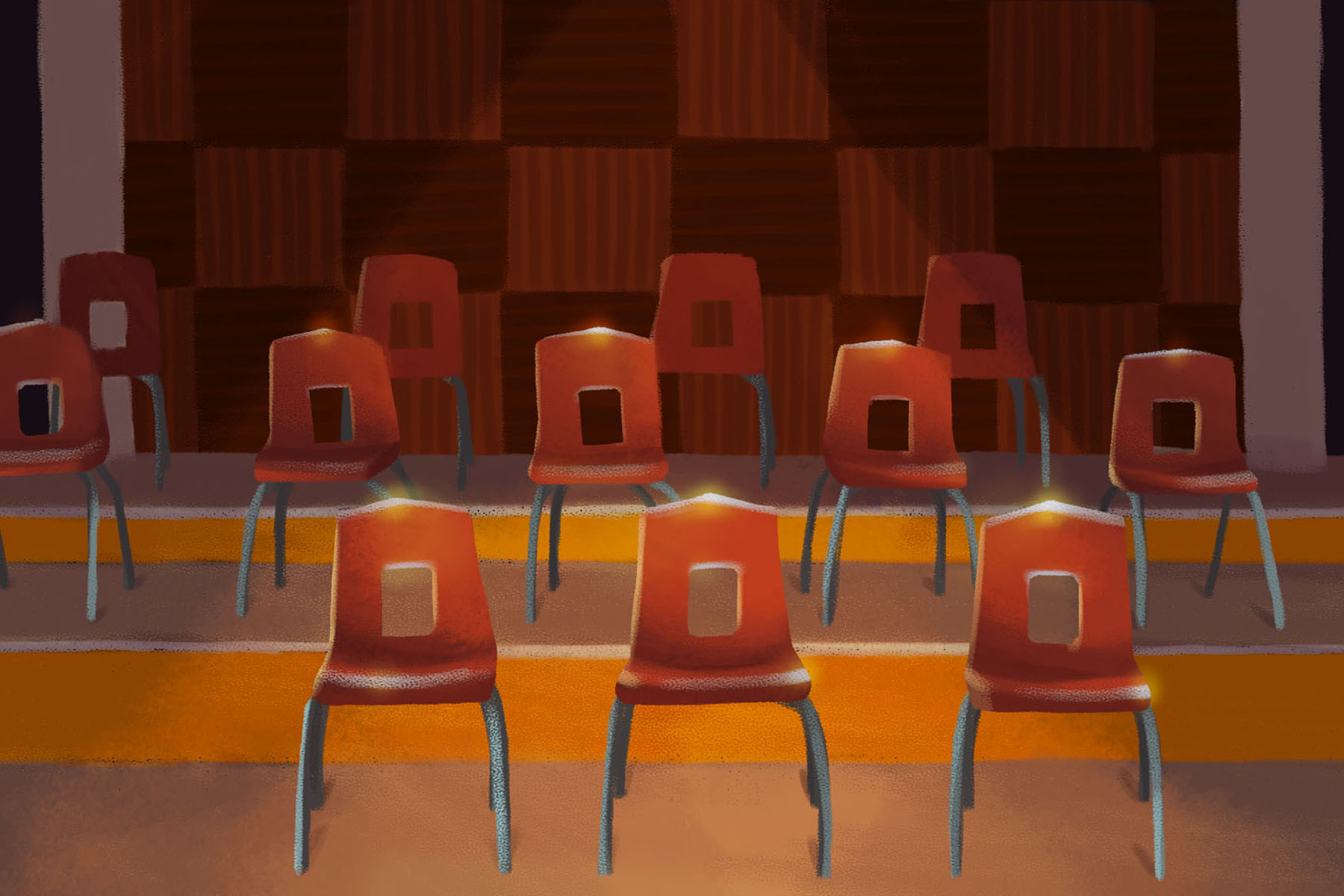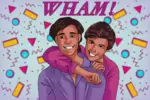Over 10 years after the show first came out in 2009, the beloved musical drama series “Glee” is still popular on Netflix. I had watched “Glee” when I was in high school, despite its ridiculously cheesy dialogue and its many plot holes and phased out characters. And seriously, why were the students’ ages inconsistently changing every season? And don’t get me started on the time Sue Sylvester married herself and then we never talked about it again. Still, “Glee” was and is my guilty pleasure show; its endearing characters and incredible musical numbers keep me watching.
“Glee” offers a diverse cast of characters that represent a variety of races, gender identities, sexualities, religions, disabilities and mental illnesses. And while its social awareness is commendable, the show often perpetuates stereotypes in its portrayals of minorities; it makes an attempt to raise awareness of the most pressing social issues of our time, but its presentation often reinforces offensive ideas.
The first season centers around the stories of the white characters. Most notably, the season unravels Quinn’s pregnancy, Rachel and Finn’s budding relationship and Will Schuster’s ex-wife Terri’s fake pregnancy. The show’s people of color are introduced as secondary characters and their storylines are not well developed until later in the series. From the start, each character embodies their background’s stereotype. Santana Lopez fulfills the role of “fiery Latina,” Mercedes Jones is the “sassy Black woman” — and then there’s Tina Cohen-Chang and Mike Chang.
Both characters are Asian American with no relation, but the writers really couldn’t think of another Asian surname. Mike isn’t even always referred to by name; in Season 1, the students pick names from a hat to find their duet partners, and Tina draws “other Asian.” The two later become a couple after they fall in love at “Asian camp,” where they are both “counselors in charge of teaching all those tech-savvy Asian kids about the arts” — a description from the mouth of Artie, Tina’s white ex-boyfriend who subscribes to many stereotypes.
While the show addresses the existence of Asian stereotypes, it does nothing to break them down, and by presenting them in a way that is supposed to be “humorous,” it only reinforces them. “Glee” is a repeat offender of having the opportunity for teachable moments but never reaching far enough and maybe even stopping at laughs.
“Glee” also portrays stereotypes of the LGBTQ+ community. Kurt Hummel is the flamboyant, high-voiced, fashion-loving gay man. Santana Lopez, because of the combination of her race and sexuality, is deemed the “exotic lesbian.” While it isn’t negative for Santana to be Latina and headstrong and blunt, or for Kurt to be gay and enjoy what is traditionally labeled “feminine,” it is grossly misrepresentative to boil these characters down solely to stereotypes and it is demeaning to deny their potential as characters.
Sue Sylvester tries to capitalize on the students’ diversity by handpicking a team that she thinks will pull the judges’ heartstrings in sectionals. In a massively inappropriate roll call, Sue shouts out, “Wheels! Gay Kid! Asian! Other Asian! Aretha! And Shaft!” It’s quite a meta moment in the show because it’s almost self-aware. Are the writers of the show really that much better than Sue Sylvester? The show fails to properly represent the full spectrum of diversity, which leaves viewers to wonder if its attempt at inclusivity boils down to mere tokenism.
Then, there’s the whole can of worms that is Will Schuster. I’ll let you fall down the rabbit hole of the “mr schue being a bad (and creepy) teacher for five minutes” or the “Will Schuster *questionable*” compilations on YouTube on your own time, but to sum it up, he oversteps teacher-student boundaries time and time again. He has quite the grand opening, listening to Finn sing in the shower and then deciding to get him in Glee Club by framing him for drug possession by planting marijuana in his locker. C’mon, Mr. Schue, I mean surely, this is not allowed. And let us not forget the unsavory plotline where it is revealed in the middle of Season 3 that Mr. Schuster cannot actually speak Spanish, even though the only reason he is at McKinley High School in the first place is to teach Spanish.
However, Mr. Schuster is supposed to be our idealized hero. He brings together a gang of misfits and teaches them that it’s okay to be different. He supposedly creates a space of acceptance.
In what is supposed to be a heartfelt and moving moment, Mr. Schuster tells his students, “You’re all minorities — you’re in the Glee Club … So it doesn’t matter that Rachel is Jewish or that Finn is…” — at which point, Finn, the straight white “sensitive jock,” interjects, “unable to tell my right from left.” Mr. Schue has done it again! Everybody has at least a little taste of oppression because they’re in Glee Club, and being disabled and being gay and being Black is the same as maybe confusing your left and rights. Maybe he’s well-intentioned, but Mr. Schuster tries to equalize the experience of various minorities, to even erase their differences in a sort of “I don’t see color” style of thinking. Quite frankly, it isn’t the place of straight, white, cis-gendered, able-bodied Will Schuster to make this sort of statement.
And sure, the Glee Club is less than popular around the school, but the implication that the group is marginalized for their love of song and dance is a bit heavy for a term that’s typically reserved for groups excluded from political, social and economic power.
Perhaps it is easy to take the show at face value. It’s an enjoyable high school drama with fun music. But as writers of any genre, we have a social responsibility to our audience. “Glee” catered to a new generation of young people when it was aired. It had the opportunity to make a much more meaningful impact. While the concept was great — a diverse and inclusive community of acceptance — the execution was poor and the writers of “Glee” did not deliver the series that both the concept and the audience truly deserved.

















